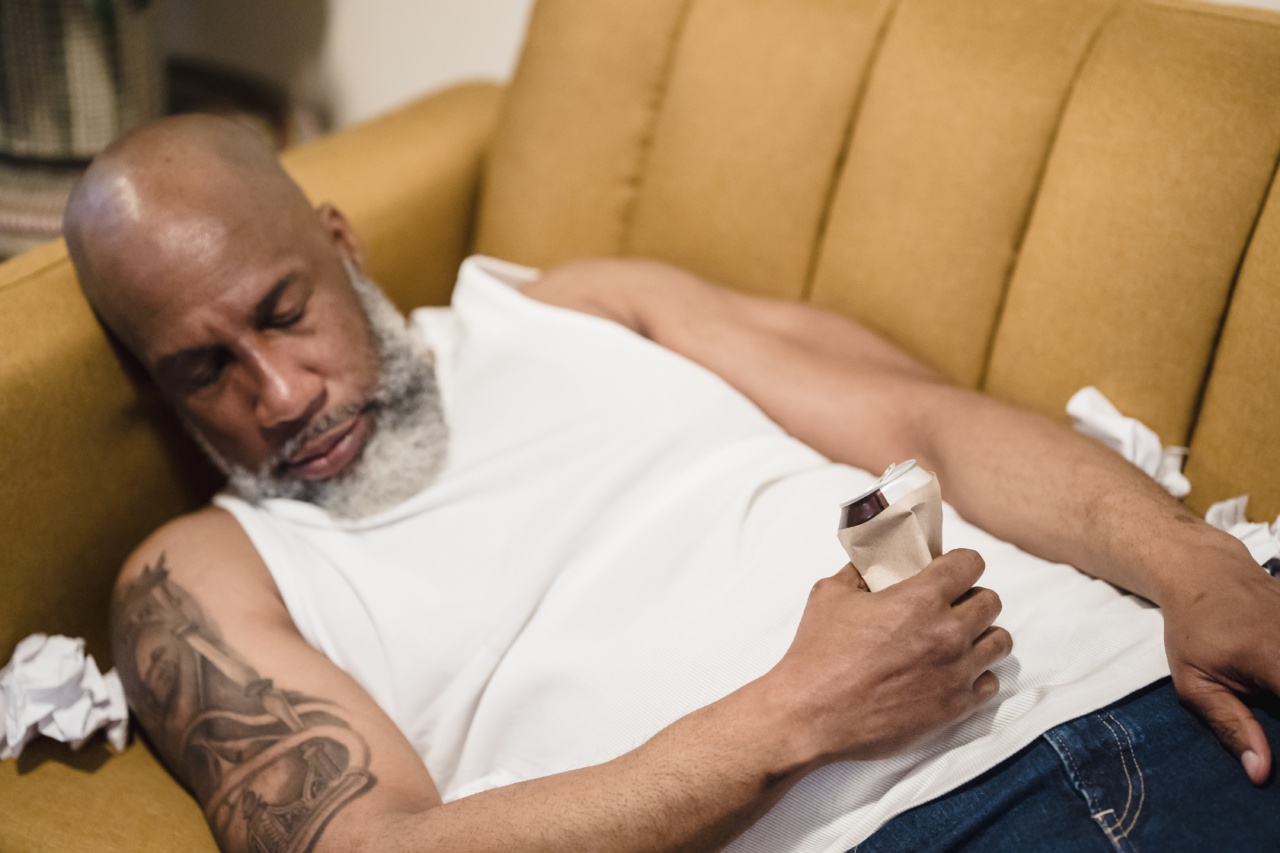Many women experience menstrual pain, also known as dysmenorrhea, during their periods. This pain can range from mild discomfort to debilitating cramps that interfere with daily activities.
While there are many factors that can contribute to menstrual pain, one often overlooked factor is sleep. In this article, we will explore how sleeping habits can affect menstrual pain and what women can do to alleviate their discomfort.
What is Menstrual Pain?
Menstrual pain refers to the discomfort or pain experienced by women during their menstrual cycle. This pain is caused by the uterus contracting and relaxing to shed its lining. Many women experience cramping, bloating, and soreness during this time.
For some, the pain is mild and manageable, while others experience more severe symptoms that can interfere with their daily lives.
How Sleep Affects Menstrual Pain
While it may seem unrelated, there is a clear connection between sleep and menstrual pain.
According to a study published in the International Journal of Women’s Health, women who reported poor sleep quality had a higher likelihood of experiencing severe menstrual pain. This is because sleep plays a crucial role in regulating hormone levels and managing pain.
The Role of Hormones in Menstrual Pain
Hormones play a vital role in the menstrual cycle and can impact the severity of menstrual pain. During the menstrual cycle, hormone levels fluctuate, with estrogen and progesterone levels rising and falling.
These fluctuations can influence the intensity of menstrual pain. Studies have shown that women with higher levels of estrogen are more likely to experience more severe menstrual pain. Additionally, low levels of the hormone melatonin, which regulates sleep patterns, have also been linked to increased menstrual pain.
How Sleep Affects Hormone Levels
Getting a good night’s sleep is essential for regulating hormone levels. Without adequate sleep, hormone production can become imbalanced, leading to increased menstrual pain.
Research has shown that a lack of sleep can result in decreased levels of estrogen and progesterone, leading to more intense menstrual cramps. Additionally, poor sleep quality can disrupt the production of melatonin, leading to a further increase in menstrual pain.
How to Improve Sleep During Menstruation
Now that we know how sleep can affect menstrual pain, what can women do to improve their sleep habits? Here are a few tips:.
1. Stick to a Sleep Schedule
Creating a consistent sleep schedule is crucial for regulating hormone levels and improving sleep quality. Try to go to bed and wake up at the same time each day, even on the weekends.
2. Create a Relaxing Sleep Environment
A comfortable sleep environment is crucial for getting a good night’s rest. Make sure your bedroom is quiet, cool, and dark. Invest in comfortable bedding and pillows to promote relaxation.
3. Practice Relaxation Techniques
Relaxation techniques such as meditation, deep breathing, and yoga can help reduce stress and promote relaxation. Incorporate these techniques into your daily routine to improve sleep quality.
4. Manage Menstrual Pain
If you are experiencing severe menstrual pain, talk to your doctor about options for managing your symptoms. Over-the-counter pain relievers, heating pads, and gentle exercise can all help reduce pain and discomfort.
5. Limit Caffeine and Alcohol
Caffeine and alcohol can interfere with sleep quality, leading to more intense menstrual pain. Limit your consumption of these substances, especially in the days leading up to your period.
Conclusion
Sleep and menstrual pain are closely interconnected. Improving sleep habits can lead to a reduction in menstrual pain, while poor sleep quality can increase pain and discomfort.
By creating a consistent sleep schedule, creating a relaxing sleep environment, practicing relaxation techniques, managing menstrual pain, and limiting caffeine and alcohol, women can improve their sleep quality and alleviate menstrual pain.





























